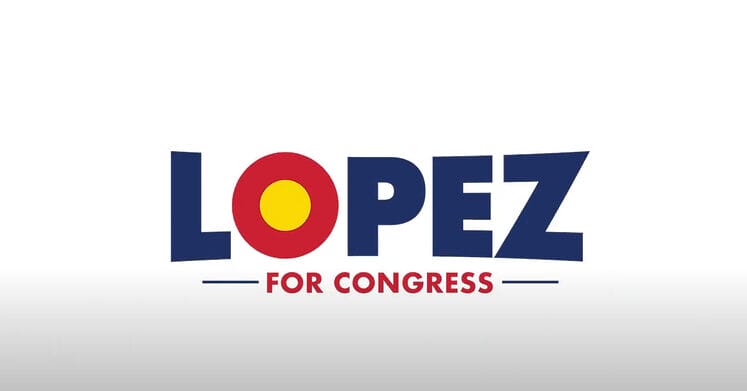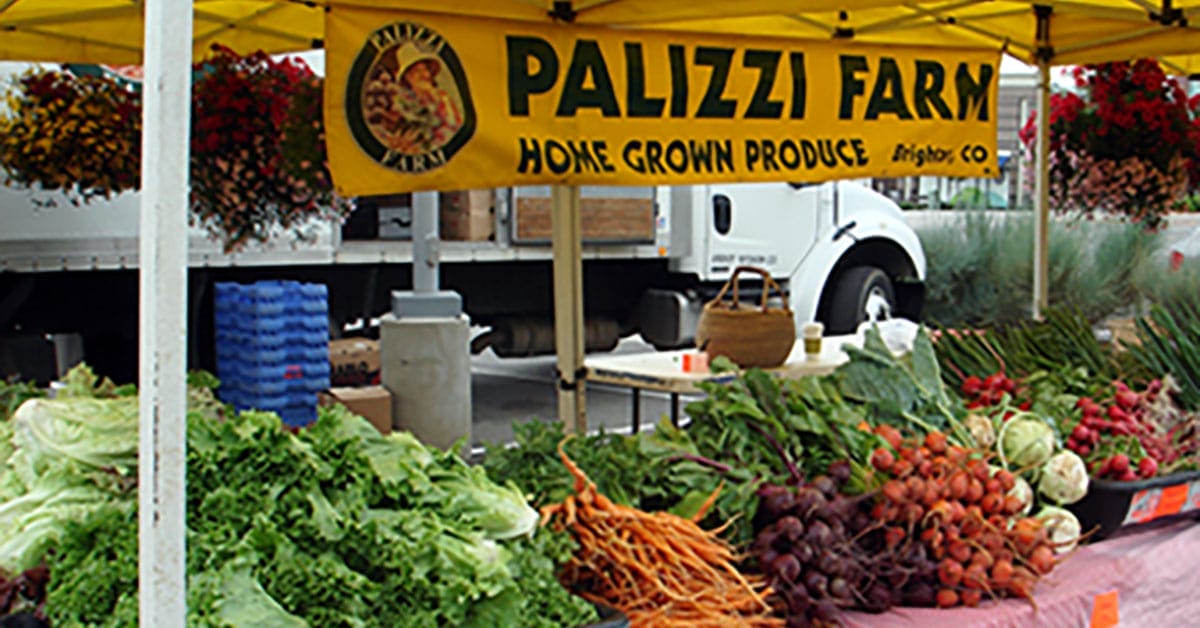Decades ago consumers began to be given the choice at checkout: paper or plastic. Though paper bags had never created a pollution crisis in our oceans or across our lands, we were told that the new plastic bag was the only responsible choice for the well-meaning, eco-conscious consumer. Plastic bags would save trees, create less harmful emissions during production and transport, and could be recycled indefinitely. As companies began to realize the incredible cost savings of corralling consumers into cheap plastic bags, the reality set in that plastic is forever.
Many of us have done our best to save our plastic bags and repurpose them, but the world is undoubtedly filling with plastic trash. The misguided eco-fad of the moment is to blame the middle class, especially Americans, for all the world’s ills. Now the ideological war on plastic and paper bags has arrived in Denver and shots are being fired at consumers at 10 cents per bag. If Senate Bill 20-010 is passed by the Colorado legislature this year, politicians will be able to pilfer millions from the middle class across the entire state. The insidious truth is that these new plastic bag taxes will do nothing to address the trash crisis the world faces and will only serve to expand a government bureaucracy intent on creating the very problems it claims to solve.
Too much of anything can be harmful, and that has certainly become the case with the 500 billion single-use plastic bags the world uses every year. Amidst the international fervor to reduce this pollution source, 3 states and 240 municipalities in the United States have joined 32 other countries in enacting plastic bag bans or taxes. All of these costs are being borne by taxpayers without any government foresight into the unintended consequences of these actions.
In 2011 the UK government studied reusable cotton totes and found a person would need to use the cotton bag 131 times to equal the environmental impact of just one plastic grocery bag. If that plastic grocery bag is used as a trash can liner once before being tossed, then a person would have to use the cotton tote 327 time to be just as green. A paper bag must be used three times to rival the emissions of the standard plastic grocery bag, but at least paper has the advantage of being biodegradable. The results of a 2018 study by the Danish government were even more stark and indicated an organic cotton tote must be used 20,000 times to make it better for the environment than the simple plastic grocery bag. In looking at real-world results, a 2019 study by Greenpeace and the Environmental Investigation Agency revealed that by taxing consumers 5 pence per single-use bag and forcing them to buy heavy-duty plastic “bags for life,” UK grocery stores actually increased their plastic footprint by 18,739 tons. One economist studied the rollout of California’s plastic bag ban in 2016 and discovered at least 30% of the plastic savings were negated by the skyrocketing sales of even heavier plastic trash bags. In African countries like Kenya, Morocco, and Rwanda, a ban on plastic bags has created a new bag-smuggling underworld, and the reusable bags that did make it to market were produced with plastics that cannot be recycled, leading to even more waste. Outcomes like this ring true across the globe. Single-use plastic bag bans beget more plastic in the environment.
The problem with these thin plastic bags is not in their production, which is more efficient and less harmful than manufacturing alternative bags. The problem is that these plastics that will exist nearly forever are being directly dumped into our waterways by Asia and Africa. Indeed 95% of all the plastic in the ocean arrived there after being dumped into just 10 rivers, eight in Asia and two in Africa. China alone is the world’s biggest polluter and is responsible for a third of all the plastic trash in the sea. Denver’s plastic bag ban will never fix this problem.
While Denver city council and our state legislature stumble over themselves looking for new ways to tax struggling Coloradans, we are forced to watch as our local parks are overrun with trash, feces, syringes, disease, and rats. As long as the exponentially rising costs of healthcare, housing, education, and automobiles far outpace any growth in middle-class wages, taxpayers must insist that every hard-earned cent demanded by our government be absolutely necessary and spent wisely, and that cannot be said about the new tax on plastic bags.









Responses
Yes, a ban on plastic bags in Denver and Colorado will do nothing to “save the environment”. Nothing . It is only feel good legislation to make politicians feel good about saving the planet. From Tom Clancy’s “The Bear and the Dragon” page 530, “…..politicians didn’t really care much about what something did, but they cared a great deal about what it appeared to do.”